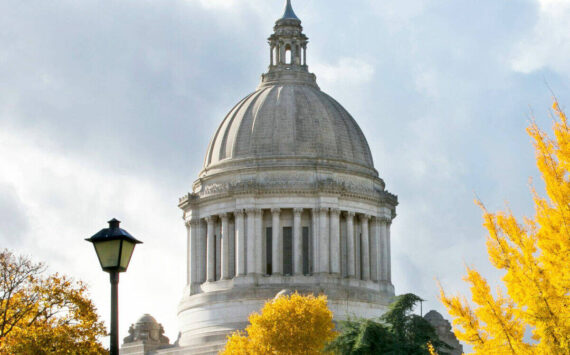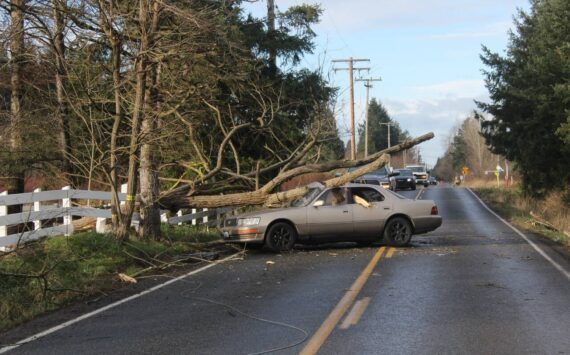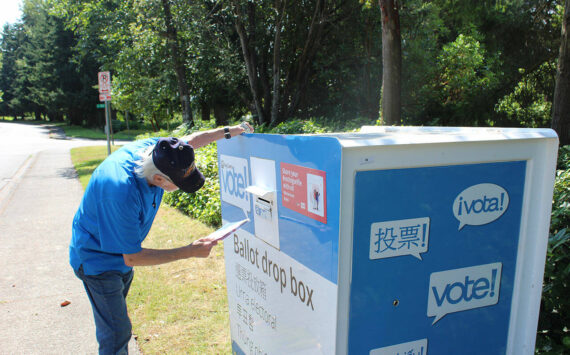Hyperbole regarding the outcomes of 2004s national elections has already occupied media attention for months.
However, it is no exaggeration to say that businesspersons would be well advised to review whats at stake for them as ballots are cast this year.
National issues impacting business range from environmental regulation, social security reform, health care, military and defense spending, transportation, and homeland security.
While the rhetoric of candidates often sounds similar, there are distinct policy approach differences that are well worth researching.
Closer to home, local and state candidates and issues will help determine how the next few years will shape up for business at many levels.
Initiatives, levies and officeholders will help determine the budgets, policies and regulations and overall tone of our cities, county, region and state.
The Chambers Public Affairs Council will be reviewing ballot items and recommending positions to our Board on those issues they deem most relevant and critical. These will be communicated to members this fall.
The Chamber does not endorse candidates, but suggests a few guiding principles by which businesspersons might make their evaluation:
– Does the candidate support economic growth?
– Have they any familiarity with making payroll, with the needs and concerns of employers?
– Is there a background of, or predisposition towards financial responsibility and oversight, experience in or desire to seek innovative, cost-effective approaches to service delivery, including contracting with the private sector?
– Do they have an interest in the big picture in terms of regional cooperation and collaboration?
Our general membership luncheon September 21 features two well-known speakers on the timely topic, Elections 2004: What Does it Mean for Business?
Dick Davis, Executive of the Washington Research Council and Don Brunell, President, Association of Washington Business will outline the broad themes and specifics of issues facing business.
Much of what the 2005 State legislature will do, for example, will be determined by results of November 2. This luncheon is well worth your time.
In addition, you can find resources at the U.S. Chamber of Commerce (www.uschamber.com), including information on encouraging your employees to vote, Association of Washington Business (www.AWB.org) and the Washington Research Council (www.researchcouncil.org).
Brunell and Davis have been delivering a presentation called, Coming out of the Turn, referring to the concept of whether we can continue to accelerate our economy after gaining momentum early this year.
In many ways, voters might consider their ballots as proxies for accelerators. Which will we choose acceleration, coasting or decline?
David Graybill is president and CEO of the Tacoma-Pierce County Chamber of Commerce.




